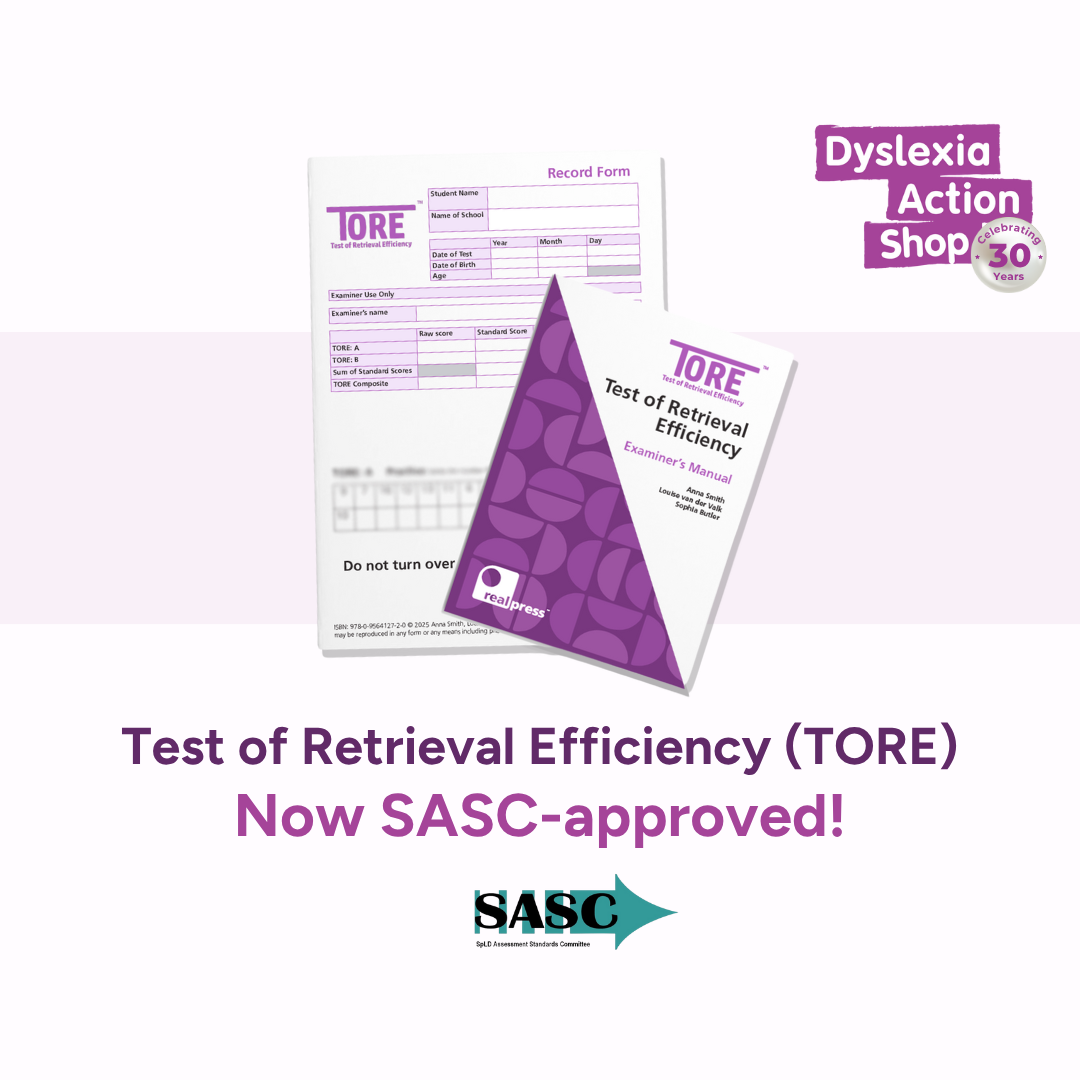Admin |
June 6, 2016
Edward Farrow
In mid-May, the government published its higher education White Paper. The mixed reception that it received hinged on legislation that will, ultimately, enable new education providers to confer their own degrees. While the university sector, including the NUS and MillionPlus, responded warily to the publication, other voices were more positive.
Read more about it in our SEND Practitioner here.
So, what are the government’s key proposals and why are they controversial?
New universities, improved standards and greater choice
The government states that the ultimate aim of the legislation is to improve the quality of teaching standards by ensuring that universities are more accountable. Through this, the government hopes that this will not only enable graduates to benefit from enhanced standards, but will also ensure greater choice and access when alternative education providers are able to confer their own degrees. Understandably, the notion of new providers being given degree awarding powers strikes its critics as the next step towards marketisation/privatisation of the higher education sector. To them, the prospect of alternative institutions/corporations offering learning courses in ways that undercut the traditional higher education sector’s prices and modes of delivery threatens the very fabric of the university structure and its world-renowned reputation.
To counter this claim, the government has stated that each new university that wishes to enter the higher education ring will be rigorously tested for quality. As an additional safety and enforcement measure, the government stated that each new awarding organisation will be policed by a newly created regulator called the Office for Students. This ombudsman-type entity will have the regulatory power to take action whenever and wherever needed.
A regulator and watchdog with teeth
As mentioned, this regulatory body, in partnership with UK Research and Innovation (UKRI), will replace the Higher Education Funding Council for England (HEFCE) – something that was most probably set in train in 2011, when teaching funding was taken out of its hands and replaced by tuition fee loans. To the chagrin of its critics, this organisation will promote student choice and competition and, even more dangerously in their eyes, will be funded not by the government, but by the universities themselves, prompting questions around the importance of regulators being independent.
A new framework to drive up teaching quality
The government claims that more than 60% of students are unhappy with their course [editor’s cheeky note: this is in stark contrast to our courses, which enjoy exceptionally high approval ratings from past delegates]. To mitigate this perceived shortfall, they intend to introduce a Teaching Excellence Framework (TEF). This form of assessment will be student-focused and will look at the standards of teaching, the teaching and student experience, etc. Through this, they not only want to give each student as much information as possible about each institution, when they are going through the selection process, but want to also ensure that each university’s performance is directly linked to the fees that they can charge. This new focus is intended to ensure that the quality of teaching (of each course and of each student outcome) is directly linked to the funding that each university can set. In addition, the government also hopes that such a move will encourage universities to do as much as possible to enable their students to find employment after graduation.
Improve accessibility and social mobility
To improve accessibility and encourage social mobility, the government will demand that all universities produce detailed demographical information on their students. This announcement has been received positively by some groups. However, critics of the aim state that charging students higher fees via student loans will reduce accessibility and put poorer students off degrees.
This is just a snapshot of the changes envisaged in the government’s recent HE White Paper.
To find out more, read the government’s HE White Paper.
If you have any questions about this topic, or any suggestions for future topics, please email the editor: edward@realgroup.co.uk





What do you think?